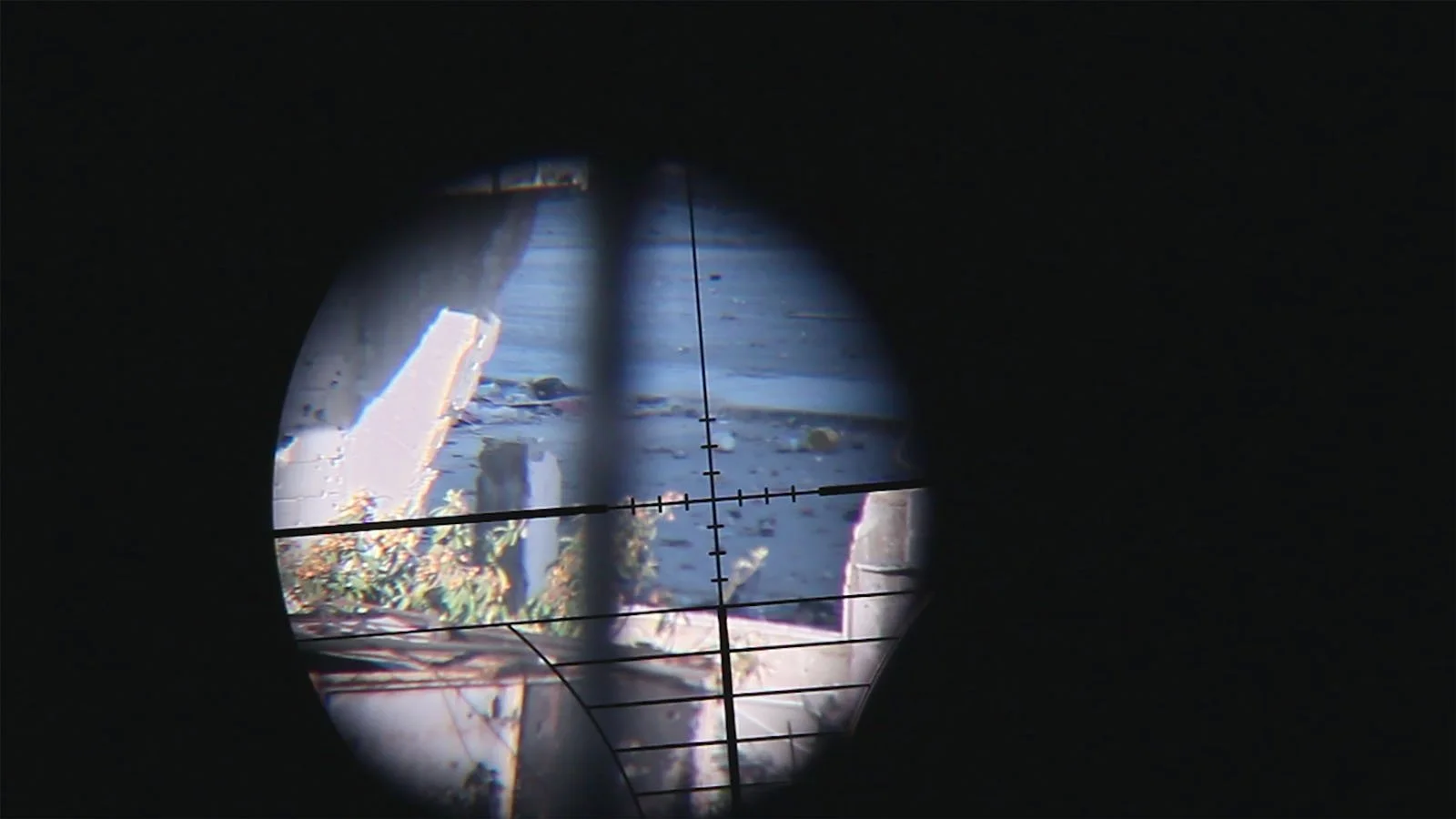Collateral RECORDS

The aftermath of the 2003 invasion of Iraq is examined in Sinan Antoon's, “The Book of Collateral Damage” via the perspective of Nameer Al-Baghdadi, the main character. The book is a strong and insightful reflection on the human cost of war and the processes by which history is created and remembered.
The way that Antoon depicts memory in "Collateral Damage" emphasises how difficult and complicated remembering and forgetting can be, particularly in the context of conflict and its aftermath. The book suggests that the trauma of war can create a “black hole” in memory, where time is fragmented into bits and pieces, distorting the narrative by erasing the experiences of its victims.
The theme of memory is also explored through Nameer's work on the book that documents the destruction caused by the war. Nameer learns that the official narrative frequently suppresses or erases memories of the war and its victims, resulting in a skewed picture of the conflict.
Is reasonable to worry about the fate of what I write before my pen even begins to bleed ink onto paper? There’s a wonderful African proverb in China Achebe’s novel Things Fall Apart that goes “Until lions have their own historians, the history of the hunt will always glorify the thunder.”
In this passage from Sinan Antoon's novel "Collateral Damage," the protagonist Nameer Al-Baghdadi reflects on the difficulty of writing about the aftermath of the Iraq War. Nameer is tasked with compiling a book that documents the destruction caused by the war, but he is acutely aware of the challenges of writing about history in an objective and truthful way. He recognizes that official versions of history can be distorted and dominated by those in power (THE U.S).
Syrian director Ghiath Ayoub's documentary "Still Recording" was released in 2018. The movie follows the tale of Saeed and Milad, two young men who began documenting the Syrian revolt in 2011 and carried on even as the unrest turned into a bloody civil war.
The need of documenting and narrative during crises is a key theme in "Still Recording." The movie places a strong emphasis on the value of witnessing other people's pain and acts of violence, as well as the part that media and communication play in raising public awareness and developing empathy. The movie also demonstrates how recording may be a potent act of resistance in and of itself, serving to both preserve history and hold those in positions of authority responsible for their deeds.
Still Recording is not for the West, it’s actually quite the opposite. We did a private screening in Beirut with 500 people (Lebanese and Syrians) and the audience felt like the film was speaking to them … Syria is not just one color, it is full of different colors. You can’t paint it with one brush. The idea behind the revolution was how to accept the others, even when they thought differently from you.
The movie addresses the issue of Western viewpoints on the Syrian war and the potential biases and limitations associated with them. The movie rejects oversimplified and reductionist accounts of the conflict that isolate ISIS or characterise it as a religious or sectarian conflict. Instead, the movie focuses on how deep and nuanced the conflict is and how different Syrians' viewpoints and life experiences are. The movie also emphasises how Western media and policy reactions to the conflict have certain limitations and frequently fall short of fully appreciating the complexity of the actual situation.


